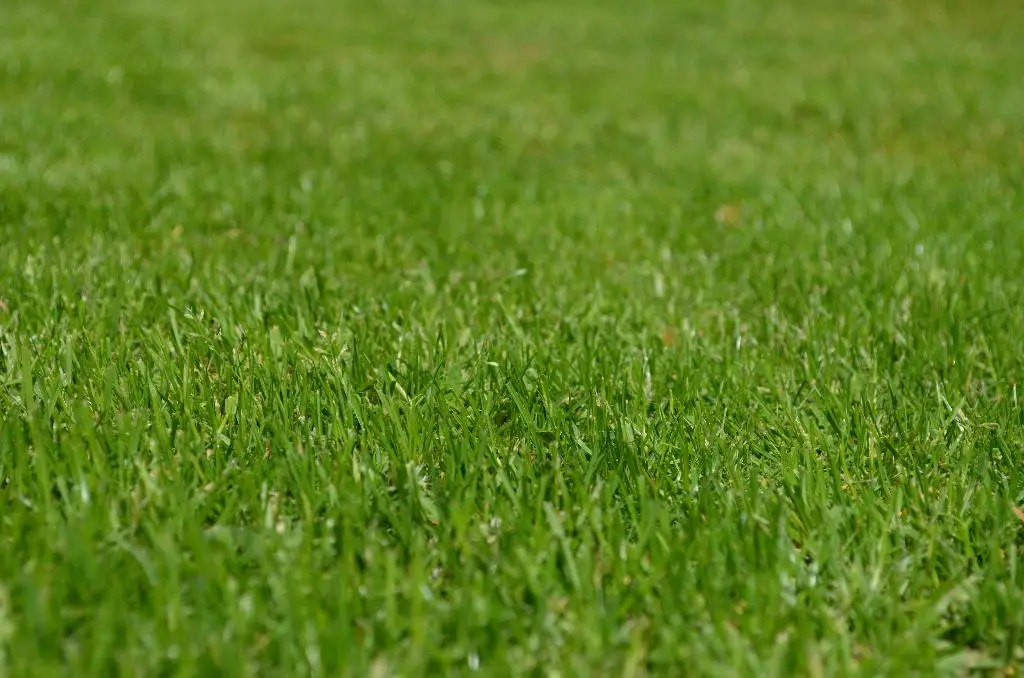Dealing with persistent weeds like clover in your lawn can be a frustrating battle that often signals underlying issues with the lawn’s health. It is essential to address the presence of clover not only for the sake of a visually appealing lawn but also to ensure the overall health and growth of your grass.
Healthy Lawn Maintenance as the Foundation
Maintaining a well-fed lawn is key to minimizing the growth of weeds like clover. A healthy lawn with proper nutrients and care can outcompete weeds, reducing their presence naturally. Regular fertilization, watering, and proper lawn care practices can help create an environment where clover struggles to thrive.
Optimal Lawn Mowing Practices
Adjusting your lawn mower’s cutting height can also play a significant role in preventing the spread of clover. Keeping your grass at the appropriate height not only promotes healthier grass growth but also obstructs the sunlight that weeds like clover need to proliferate. Aim to mow your lawn at the recommended height for your grass type to discourage weed growth.
The Manual Approach: Hand-Pulling Clover
While it may seem labor-intensive, pulling clover by hand can be an effective way to eliminate existing plants and prevent them from spreading further. Ensure you remove the entire root system to prevent regrowth. This method is particularly useful for targeting smaller infestations of clover in your lawn.
Utilizing Weed Killers for Targeted Control
If manual removal is not feasible for larger clover invasions, using a targeted weed killer can help eliminate clover more efficiently. Choose a herbicide specifically designed to target broadleaf weeds like clover while sparing your grass. Follow the application instructions carefully to avoid damaging your lawn.
Pre-Emergent Weed Control for Long-Term Prevention
Preventative measures can be crucial in keeping clover and other weeds at bay. Consider using pre-emergent herbicides in the early spring to inhibit weed seed germination, including clover. This proactive approach can significantly reduce the need for reactive weed control methods later on.
Enhancing Soil Health for Weed Resistance
Healthy soil is the foundation of a thriving lawn that can resist weed infestations. Conduct soil tests to determine if any deficiencies are present and address them through targeted soil amendments. Improving soil quality can help promote robust grass growth, making it more challenging for weeds like clover to establish themselves.
Exploring Natural Weed Control Methods
If you prefer a more natural approach to weed control, there are several organic methods you can consider. Applying corn gluten meal as a pre-emergent herbicide, using vinegar or boiling water for spot treatment, or introducing beneficial insects that feed on weeds can all be eco-friendly ways to manage clover in your lawn.
Staying Vigilant against Clover Resurgence
Even after implementing control measures, it is essential to remain vigilant against clover resurgence in your lawn. Regularly inspect your lawn for any signs of clover regrowth and address them promptly to prevent the spread of these persistent weeds. Consistent maintenance and monitoring can help you stay ahead of potential weed infestations.
Seeking Professional Assistance
If the clover infestation in your lawn proves challenging to manage on your own, don’t hesitate to seek professional lawn care assistance. Landscaping professionals can provide expert advice, specialized treatments, and ongoing maintenance to help combat stubborn weeds like clover effectively.
Customizing Your Weed Control Strategy
Every lawn is unique, and the best approach to tackling clover infestations may vary based on your specific lawn conditions and preferences. Experiment with different control methods, adjust your lawn care practices as needed, and tailor your strategy to create a healthy, weed-resistant lawn that you can enjoy year-round.

Enjoying a Clover-Free Lawn
By understanding the factors contributing to clover growth, implementing targeted control measures, and making the necessary adjustments to your lawn care routine, you can effectively get rid of clover and maintain a lush, green lawn. With persistence, diligence, and a proactive approach to weed management, you can enjoy a clover-free lawn that enhances the beauty and health of your outdoor space.
